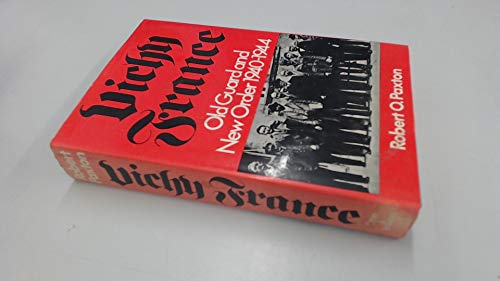Understanding the Concept of the Old Guard in Modern Society

Introduction
The term ‘Old Guard’ refers to a group of individuals who firmly adhere to established traditions and practices, often in contrast with new ideas and progressive movements. This concept is particularly relevant today as numerous sectors, including politics, business, and culture, grapple with rapid changes brought about by technology, globalisation, and shifting societal norms. Understanding the Old Guard’s role can help contextualise ongoing debates regarding tradition versus innovation.
The Significance of the Old Guard
Historically, the Old Guard has provided stability and continuity, standing as bastions against what they perceive as the potentially chaotic nature of change. In politics, members of the Old Guard often dominate power structures, relying on long-held beliefs and practices to guide their decisions. For example, in the United Kingdom, the Conservative Party has been described as maintaining an Old Guard ethos, emphasising traditional values and prioritising the preservation of long-standing institutions.
In the corporate world, the Old Guard includes executives and directors who have navigated companies through economic challenges while resisting radical transformations that could disrupt their operational frameworks. This perspective often becomes contentious; proponents argue that proven methods should not be abandoned carelessly, while critics claim that clinging to the past can hinder innovation and progress.
Current Events and Debates
Recent debates around the Old Guard have surfaced within various contexts. A glaring example is the evolving political landscape in the United States, where entrenched figures within both major parties are often opposed to progressive young leaders advocating for reforms. The rise of younger politicians reflects an urgent desire for change, ultimately leading to conflicts with the Old Guard who seek to maintain the status quo.
Moreover, the pandemic has further highlighted the clash between established practices and new approaches, particularly in business where remote work has challenged traditional office dynamics. Many companies are at a crossroads, with some clinging to pre-pandemic norms while others seek to embrace flexibility and innovation.
Conclusion
The ongoing tension between the Old Guard and progressive movements presents both challenges and opportunities for various sectors. As society continues to evolve, the role of the Old Guard will remain significant; their stewardship can ensure continuity while fostering a dialogue with emerging perspectives. The future will likely hinge on finding a balance between respect for tradition and the necessity of embracing change, allowing both established practices and innovative ideas to coexist. Readers must consider their personal stance on the Old Guard, reflecting on how these dynamics could impact their future and the functioning of society at large.









